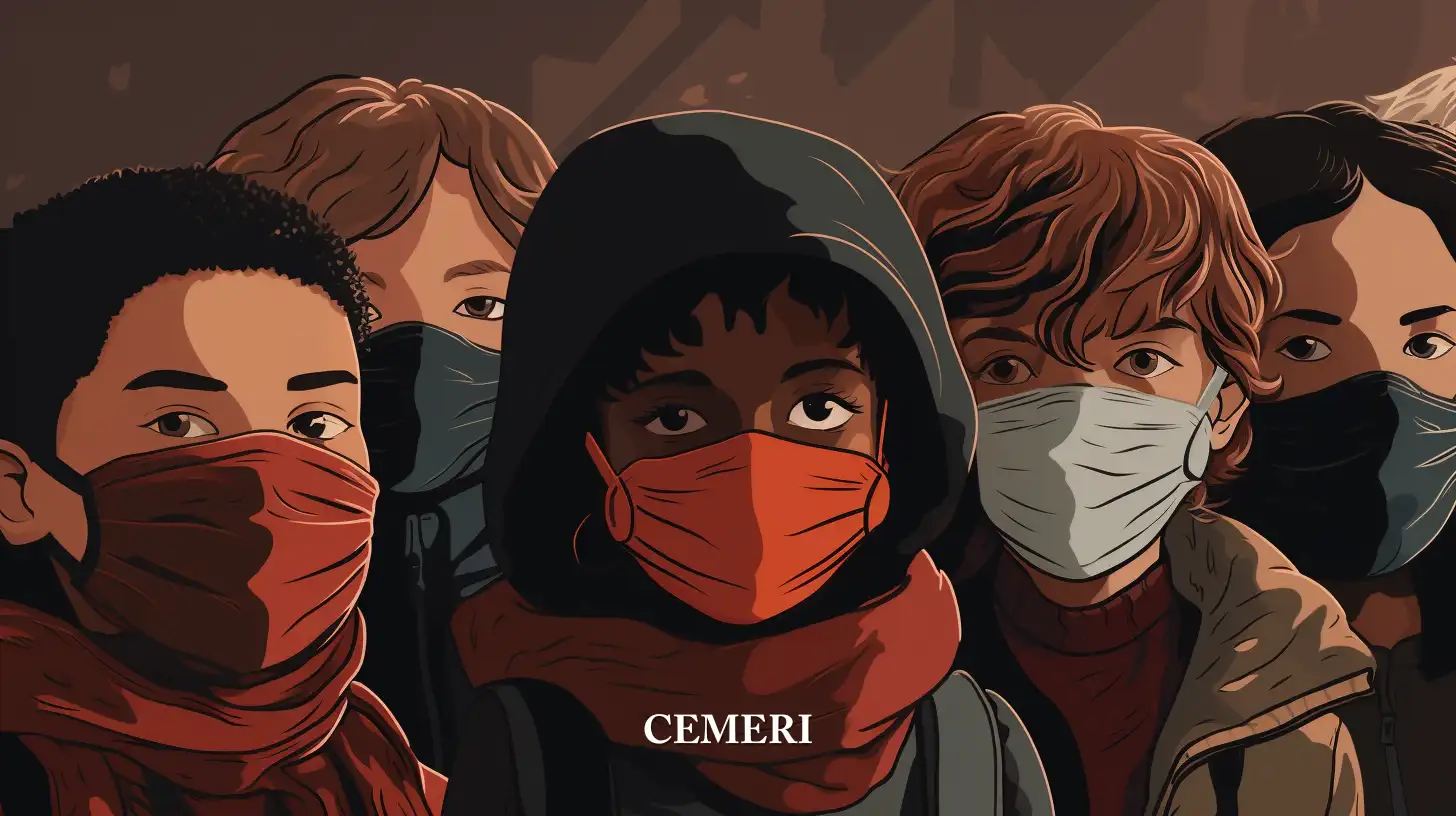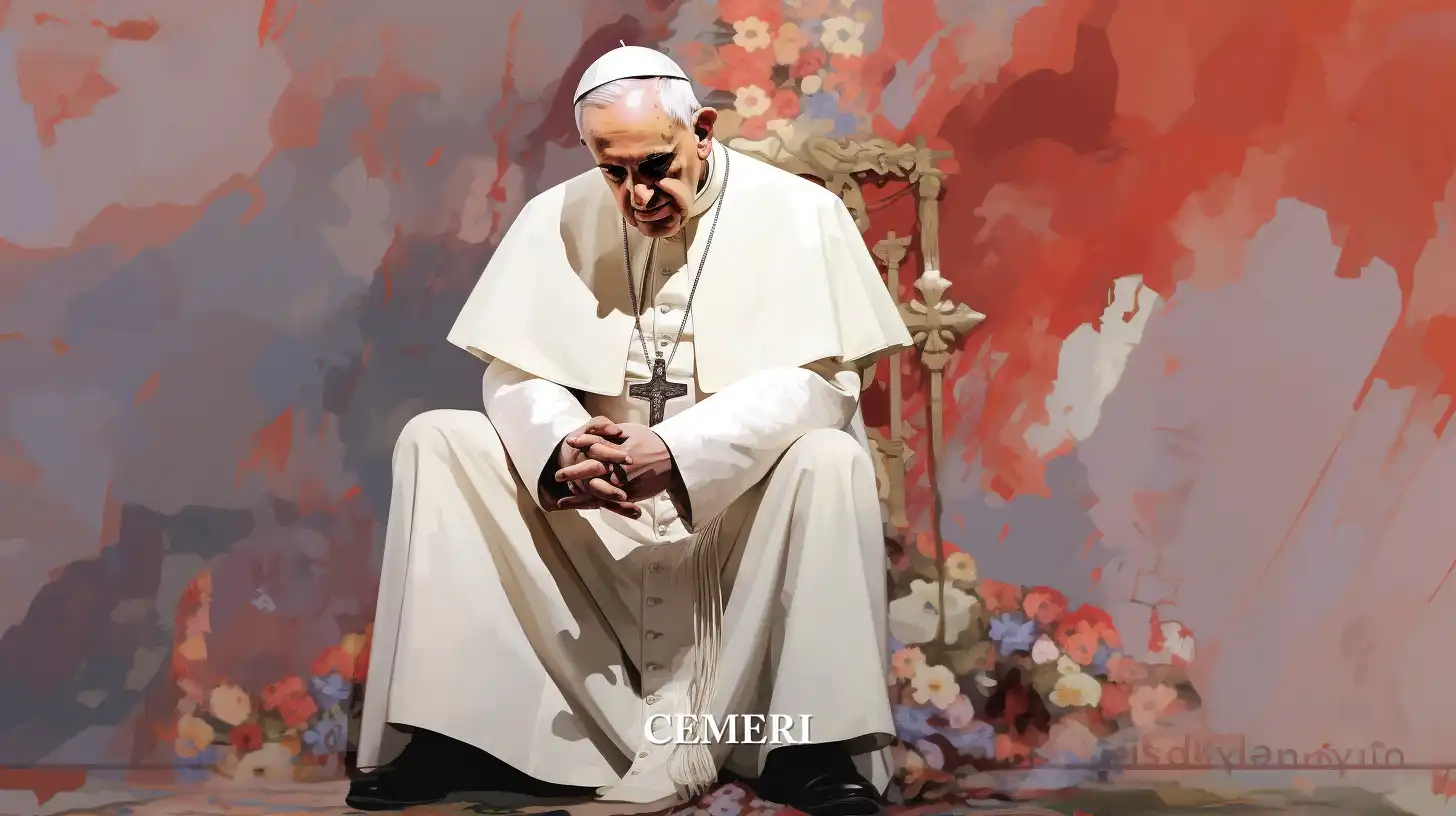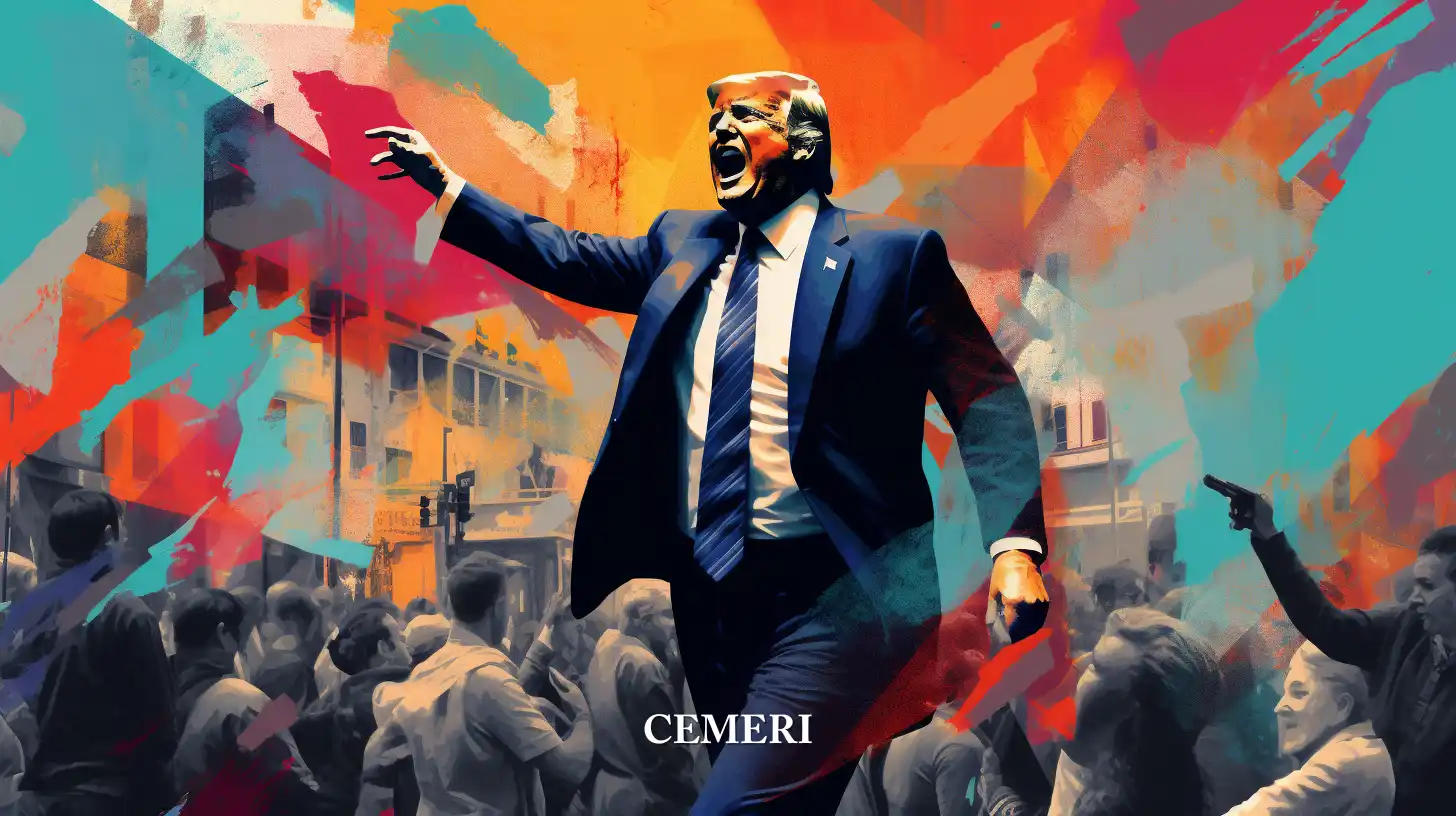Opinion
Michel Cano
What setbacks will COVID-19 bring about poverty, inequality and social mobility?
- The deep economic crisis caused by COVID-19 could cause a setback in poverty and inequality.

The arrival of COVID-19 in February and the subsequent increase in the number of cases within Mexican territory forced the halt of various sectors of the economy due to the implementation of the National Sana Distancia Day, which has consisted of a strict confinement policy in favor of safeguarding the greatest number of lives, expanding the capacity of the health system and mitigating the increase in infections.
The pandemic came against a backdrop of deep economic and gender inequalities. Like a very low social mobility. Last year, the economic performance measured as a percentage of GDP had dismal results with a fall of 0.1% according to data from the National Institute of Statistics and Geography (INEGI). Added to an aggressive austerity policy carried out by the government in turn and the lack of conviction in public life about the need for a deep progressive tax reform that grants the resources to reduce inequalities and promote social mobility through a welfare state robust.[1]
The economic crisis caused by the mandatory confinement threatens the efforts of several decades in the fight against poverty and inequality. According to the estimates made by the National Council for the Evaluation of Social Development Policy (CONEVAL), the following economic effects are expected as a result of the pandemic: the unemployment rate will increase between 3.3% and 5.3%; the total number of people in a situation of income poverty will increase between 8.9 and 9.8 million people and; the total number of people living in extreme income poverty will increase between 6.1 and 10.7 million people.[2]
These alarming data foresee the severe consequences that it could have on the social mobility of the next generations in the most disadvantaged groups of the population. Among the poorest, even more poor could be added. Based on the data presented in the ESRU-EMOVI 2017, where it is stated that only 2% of those born in the first quintile (the most disadvantaged), reach the highest level on the social scale during their lives. The increase in the poverty figures that CONEVAL foresees will make the task of providing greater equality of opportunities more difficult.
Another point of view of the setbacks posed by this crisis is seen at the top of the pyramid. At the regional level, Susana Ruiz tells us that, as a result of the economic crisis caused by COVID-19, 8 new billionaires have emerged in Latin America —people with assets of more than one billion dollars— and the richest people have increased their $48.2 billion in fortune since lockdown began in March 2020.[3]
In the public discussion, the actions of the present government are discussed, either through its actions or omissions. The dichotomy between health and economy is discussed. Viridiana Ríos tells us in her article "The poor first, but to the pantheon" that 71% of those who died from COVID-19 have a secondary level of education or less.[4] From The government did not implement economic support so that the most disadvantaged could comply with social distancing measures.
Little has been said about the aforementioned figures on poverty or employment. Energetic actions are required to mitigate the effects of the crisis and avoid a further setback in terms of inequality. Solutions are still possible: a universal income accompanied by an expansion in tax collection or contracting debt for 2% of GDP. As seen in Greece during the 2008 crisis, austerity in these times is a bad decision that ends up affecting those who have less.
Sources
NA

